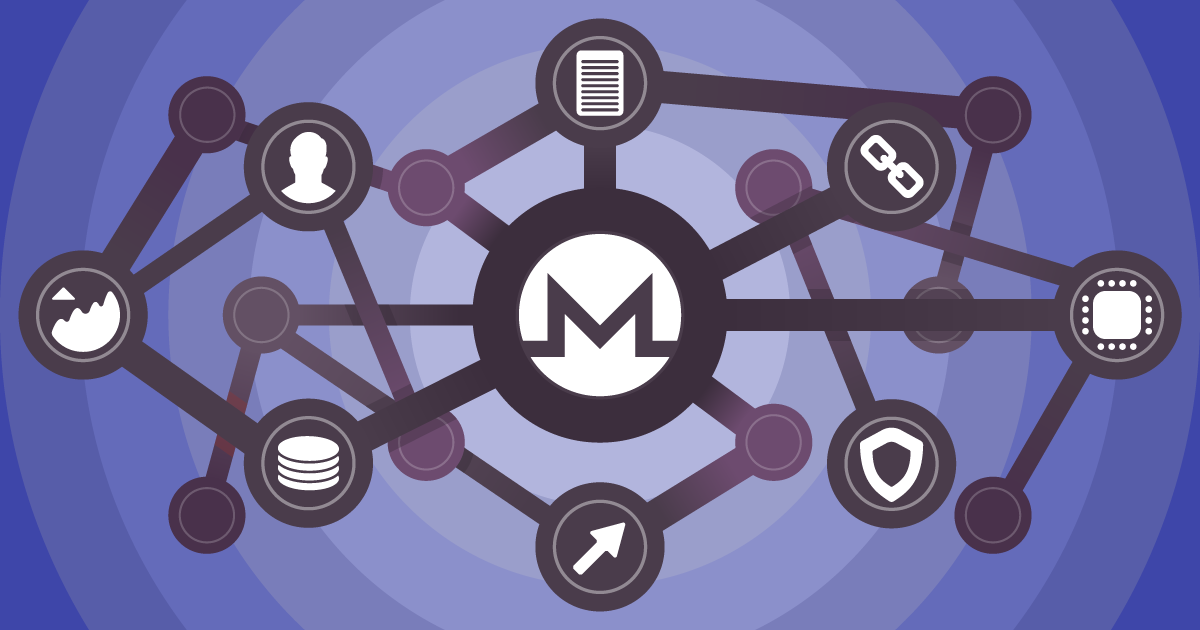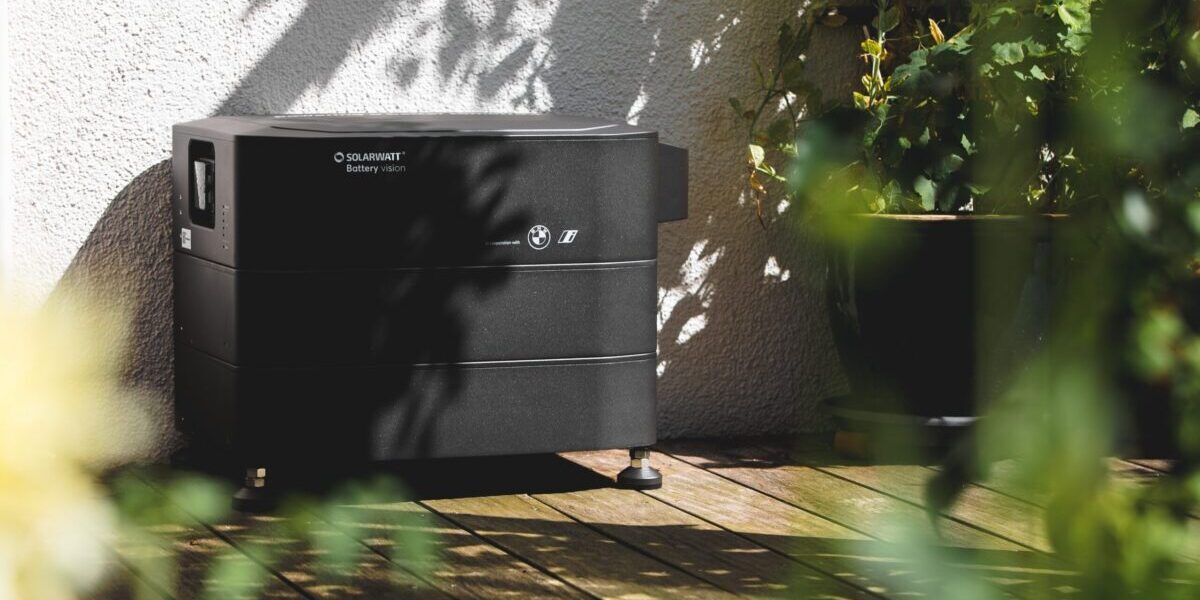The Energy Web Foundation (EWF), an open-source platform for the development of blockchain technologies in the energy sector, says the number of its affiliates has grown from 37 last month to 100.
The EWF said members include energy companies, utilities, grid operators, renewable generators, software developers, commercial end-use customers and startups, and the latest members include German utility EnBW, French oil giant Total and the State Grid EV Service Co unit of China’s state-owned electric utility the State Grid Corporation of China.
“At EnBW, we have been investigating the use of distributed ledger technologies in the energy industry for several years and are working on various use cases,” said EnBW blockchain and distributed ledger technologies lead, Christian Sander.
The EWF said members are in many cases acting as early adopters of blockchain technologies by testing them in pilot energy projects. The applications also help inform functional requirements and key features, host validator nodes for decentralized networks and develop applications that run on the core tech layer, the foundation added.
Affiliates lining up
The EWF is said to be a scalable blockchain platform designed for energy sector regulatory, operational and market needs. “Together, the Energy Web Foundation, affiliates and community are unleashing blockchain’s potential to accelerate the transition to a decentralized, democratized, decarbonized and resilient energy system,” the organization’s website states.
EWF affiliates include U.S. utility Duke Energy, French energy company Engie, Netherlands power provider Eneco, Belgian grid operator Elia, Germany’s Eon, Siemens and Innogy, Spanish energy giant Iberdrola, General Electric, Norwegian oil company Equinor, Anglo-Dutch oil giant Shell, energy service company Centrica and Japanese utility Tepco.
Some of those have already implemented energy-related blockchain projects. Engie is using a blockchain technology to certify the green energy used by American chemical company Air Products in its French manufacturing.
Blockchain trials
Elia has published a paper explaining how it intends to link consumers’ behavior at lower voltage levels with price signals in the wholesale electricity market, thus also enabling better integration of renewables. That plan includes the adoption of technologies such as blockchain, the internet of things, cloud computing, big data and artificial intelligence, all of which could help manage complex system operation with more bidirectional electricity flows.
Centrica recently joined a residential PV pilot project in London that will trial billing methods using a blockchain platform provided by Verv.
Other pilot projects are being run by big energy companies outside the EWF, including Korean utility Tepco, France’s EDF, Portugal’s EDP, Spain’s Acciona, Japanese electronics manufacturer Kyocera and Estonian transmission system operator Elering.
This content is protected by copyright and may not be reused. If you want to cooperate with us and would like to reuse some of our content, please contact: editors@pv-magazine.com.




9 comments
By submitting this form you agree to pv magazine using your data for the purposes of publishing your comment.
Your personal data will only be disclosed or otherwise transmitted to third parties for the purposes of spam filtering or if this is necessary for technical maintenance of the website. Any other transfer to third parties will not take place unless this is justified on the basis of applicable data protection regulations or if pv magazine is legally obliged to do so.
You may revoke this consent at any time with effect for the future, in which case your personal data will be deleted immediately. Otherwise, your data will be deleted if pv magazine has processed your request or the purpose of data storage is fulfilled.
Further information on data privacy can be found in our Data Protection Policy.